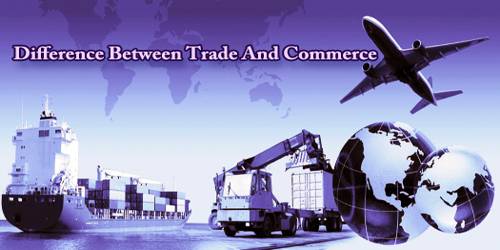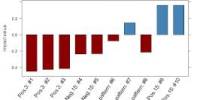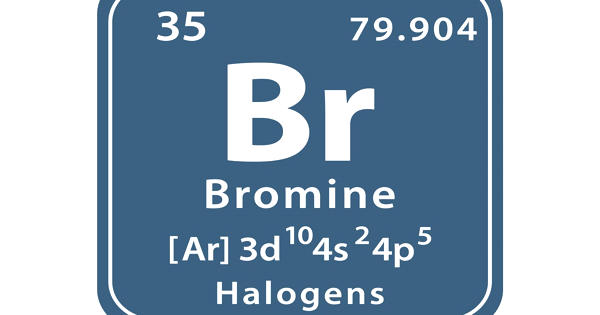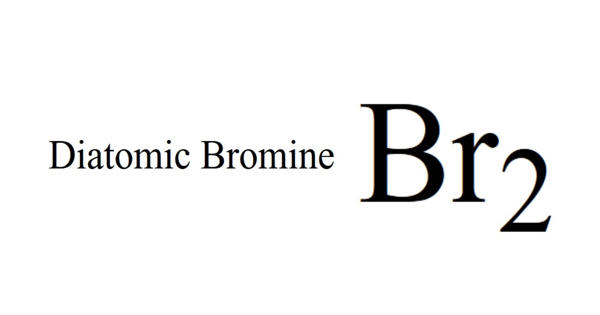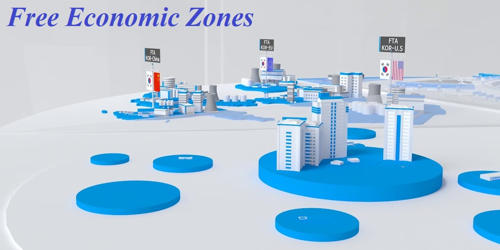The term commerce may be a branch of business, and it’s the exchange of products and services amongst the varied economic agents. It’s sub-classified as trade and auxiliaries to trade. Many think that trade and commerce are identical terms and might be used interchangeably. But the very fact is both the terms are different from one another and carry different meanings. On the opposite hand, Trade could be a subset of commerce. Trade simply means buying and selling of products and services reciprocally for money or money’s worth.
Definition of Trade: Trade is referred to as a basic economic operation involving the purchase and selling of the different goods and services between two or more parties involved in the transaction. Trade may take place between two groups, or more than two. When buying and selling take place between two people, it is called bilateral trade, whereas when it takes place between more than two people, multilateral trade is called. Trade is of two forms, they are (1) bilateral and (2) multilateral.
In earlier times, trades weren’t as smooth because it is now. Earlier the trade was little cumbersome since it followed the barter system where goods were exchanged reciprocally of other goods or commodities. Therefore, it had been hard to judge the worth of a selected business, as differing types of products were involved in it. The appearance of cash because the mode of trade has made it easier for both sellers and buyers. Trade may be either domestic or international. Domestic trade takes place within a country’s borders, while international trading takes place outside its borders.
Definition of Commerce: Commerce is referred to as an economic activity involving an exchange between two entities of goods and services, or of value. It includes all those operations, i.e. insurance, banking, transport, storage, advertisement, etc., that help directly and indirectly to facilitate the purchase and sale of goods and services. Its scope is broader than commerce. Trade deals primarily with transactions that take place between nations.
Commerce may be a subset of trade; within commerce, consumers are expected to provide (or acquire) an item, find a purchaser, execute a trade and report it. It’s the branch of economics accountable for helping businesses to beat the challenges of delivering goods and repair to the purchasers. Irrespective of where the products are manufactured, commerce makes it possible to deliver it worldwide.
Following are the major differences between trade and commerce:
Trade –
- Trade is referred to as a basic economic operation involving the purchase and selling of the different goods and services between two or more parties involved in the transaction.
- Compared to business, trade has a much narrower range; it primarily deals with the sale and acquisition of goods and contains little else.
- Trade is usually conducted to meet the seller’s and buyer’s needs and is more of a social viewpoint.
- Trade satisfies the necessity of both the vendor and also the buyer; therefore, it’s a more social perspective attached to that.
- Trade is generally a single-time transaction between the parties that may or may not reoccur.
- A third party doesn’t need to arrange a trade; it occurs directly between a buyer and a seller.
- Trade represents both the side of demand and provide where both the parties know what’s demanded and what’s to be supplied.
- Trade is often a one-time affair; this may or may not occur regularly between parties.
- Trade requires more capital.
- Trade requires more capital because the stock should be kept ready that’s entitled to the sale and also the cash must be kept ready for the payment.
- Trade reflects demand and supply; here, all concerned parties know what the market is, and thus what needs to be supplied.
Commerce –
- Commerce involves all the activities which help to promote the exchange of goods and services between the manufacturer and the last customers.
- Contrary to this, commerce is a wider concept that encompasses both trading and the other revenues producing activities that complete the transaction.
- Whereas commerce is more economical in nature due to the involvement of several parties whose primary aim is to come up with the revenue.
- Commerce is more economical; the primary objective here is income production.
- In commerce, the transactions are regular and occur again and again.
- Commerce requires the assistance of several agencies to complete the process; it provides a link between producers and consumers.
- In commerce only the demand side is understood i.e. what’s demanded within the market then making that available through various channels of distribution.
- Commerce, on the other hand, is a routine affair, and it happens regularly.
- Commerce has less capital requirements.
- The capital needed in commerce is less as various parties are involved who have to handle their resources separately without putting a burden on one.
- However, commerce only deals with the demand side; here the sole concern is fulfilling the need within the market via various channels.
It can, therefore, be concluded that trade is the commerce branch that deals only with the exchange of goods and services, whereas commerce is the comprehensive term that encompasses all the major activities that facilitate the exchange and generate revenue for everyone.
Information Sources:
